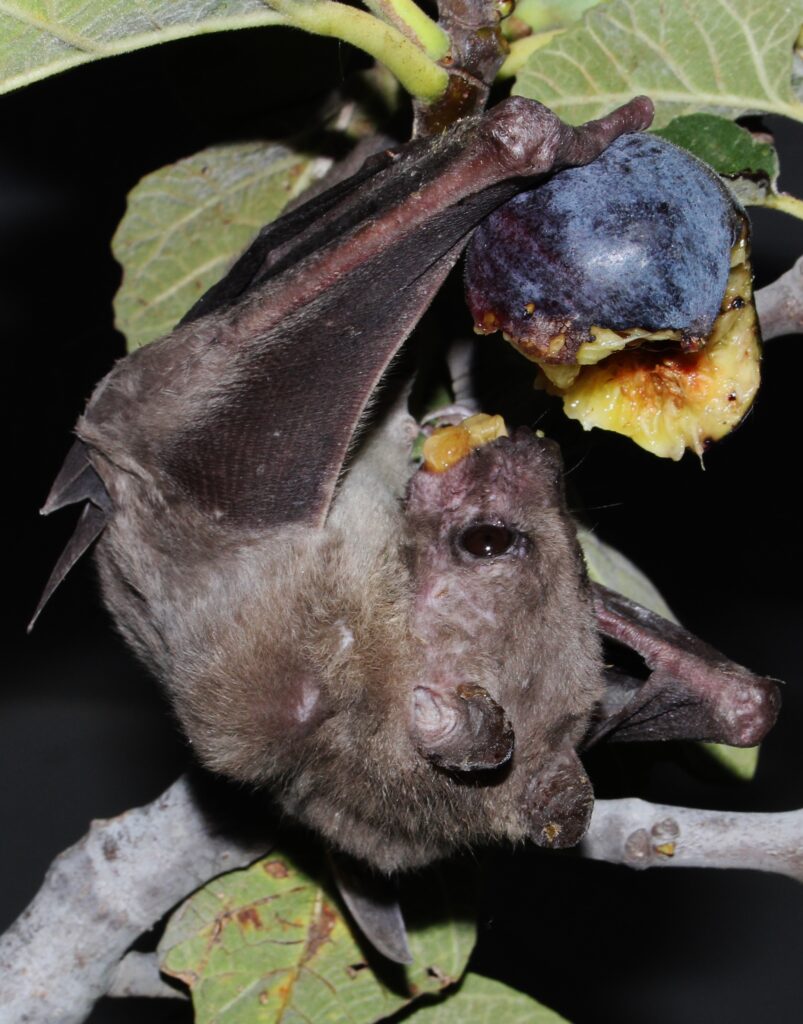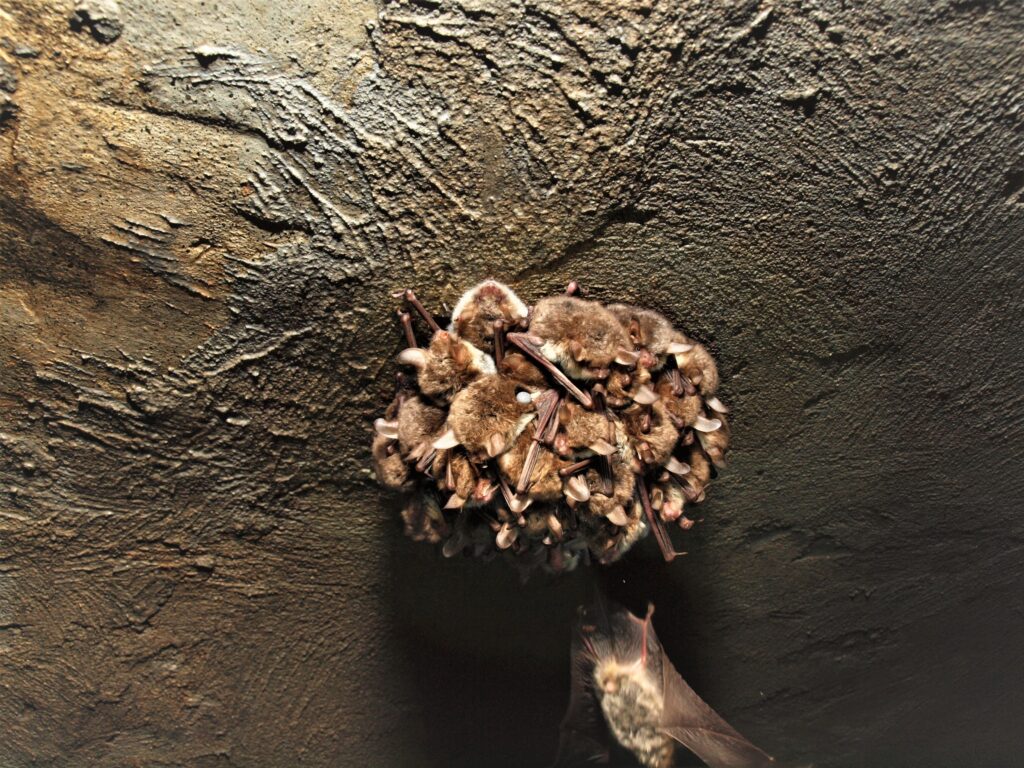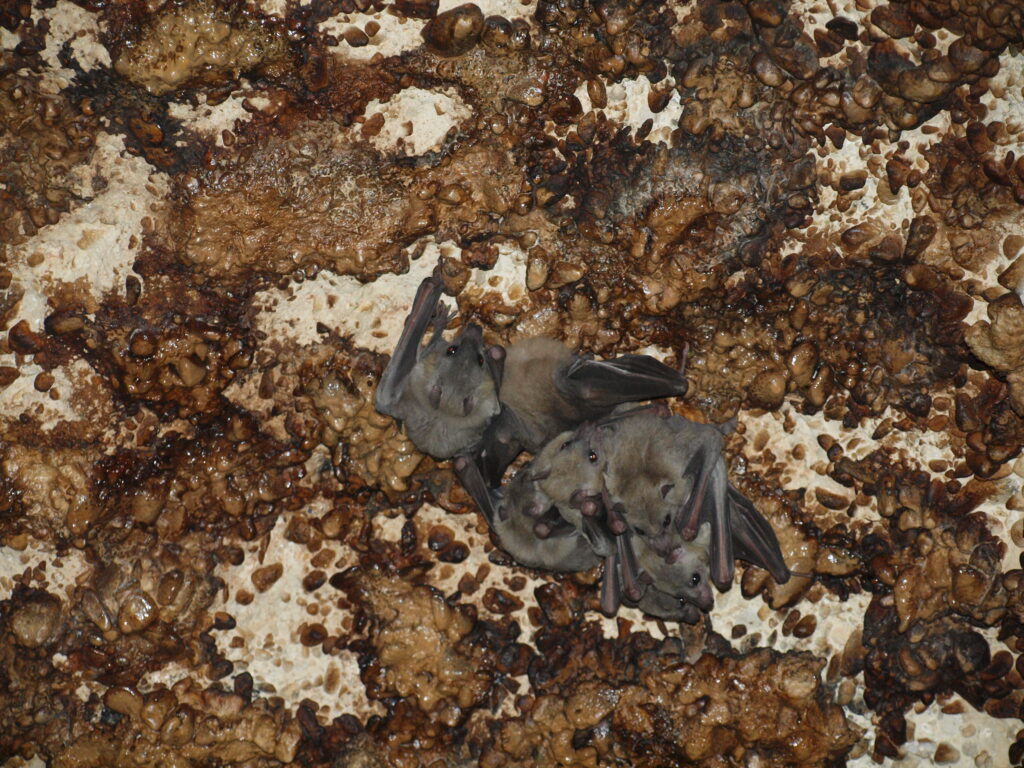Filenews 6 August 2023
They are described as creepy, scary and dangerous, but bats are an important mammal species that helps our daily lives in ways we can't even imagine. From pollinating our favourite fruits, to eating pesky insects, to inspiration that leads to medical miracles, bats are a species to which we owe a lot.
So we share with you 7 impressive things you didn't know about bats:
1.Forget bananas, avocados and mangoes without them
Without bats, forget bananas, avocados and mangoes. Over 300 species of fruit depend on bats for pollination. Bats also help spread seeds of nuts, figs and cocoa. Also, without bats we wouldn't have plants like blue agave, from which tequila is made.
2.Night insects tremble bats
Every night, an insectivorous bat can consume up to 3000 insects! This insect-rich diet helps farmers protect their crops from harmful insects in a completely organic way.
3.There are 1400 species worldwide
Bats exist in all parts of the globe except in areas where extreme conditions exist, such as deserts and polar regions. Today there are 1400 species of bats around the world, while in Cyprus 19 species of bats have been recorded so far and they are all protected. 18 species are insectivorous, while one species, the fruit bat (Rousettus aegyptiacus), feeds on fruits.

4.They are not blind
All bats can see, but there is a difference in the level of vision from species to species. Some species have night vision, some species of bats can see ultraviolet light, while other species rely on echolocation for navigation and hunting in the dark. They emit high-pitched sounds and then use the echo produced to find their way or locate their prey in the dark. Bat species that rely on, echolocation, although they do not have very good vision in the dark, are still able to see, just as humans can see in the dark.
5.They are an inspiration for medical treatments
Some bats see so well with their ears that scientists have inspired scientists to study their echolocation skills in an effort to create next-generation assistive devices for visually impaired people.
Scientists are also studying bats to understand their extraordinary resistance to DNA damage, parasites and viruses, in hopes of finding a way to improve human resilience to these dangers.
6.They hang upside down to gain momentum
Almost all species of bats hang and sleep upside down. When bats are relaxed, their legs are tightened, which makes it easier for them to get caught on a surface. Hanging upside down allows them to fall quickly when left to gain momentum for flight. The extra momentum is also helped by the fact that they have solid bones, like other mammals, unlike birds, whose bones are hollow.

What's really interesting is why bats' blood doesn't come down to their heads while they're hanging upside down! The reason is because there are valves in their veins and arteries to circulate blood in the right direction, while most mammals have valves only in their veins.
7.Cyprus is the only European country where the fruit bat lives
Cyprus is the only European country that hosts populations of the species Rousettus aegyptiacus, also known as the fruit bat. For this reason, the species ranks among the most important of the Cypriot and by extension of the European fauna. It is the largest species of bat we have on our island, with its wingspan reaching up to about 60 cm.
Pandoteira project helps bats
In the framework of the Pandoteira Project, a ten-year project co-funded by the LIFE Programme of the European Union, information will be collected on the population and places where bats are found. Also, an Action Plan will be prepared for the better protection of the fruit bat and infrastructure will be created to increase the supply of food to the species, such as planting fruit trees. In addition, depending on the recommendations of the Action Plan, old houses, galleries and caves will be selected to create shelters for the fruit bat.

What does "Pandoteira" mean?
Our ancestors worshipped and praised nature. They obviously recognized that this was the source of their existence and of everything they saw and experienced around them. The "deity" who offered them everything. Pandoteira is the one who provides us with everything and who gives us every good. Nature!
The main objective of the Pandoteira project is to achieve favourable conservation status for important species and habitat types present in Cyprus, through actions across the Natura 2000 network. The project will close knowledge gaps on species and habitat types, improve network governance, leverage ecosystem services and implement action and management plans for species and habitats. It also aims to inform landowners, land users, the local population and stakeholders about the importance of the Natura 2000 network, encouraging their acceptance and participation in the project effort.
